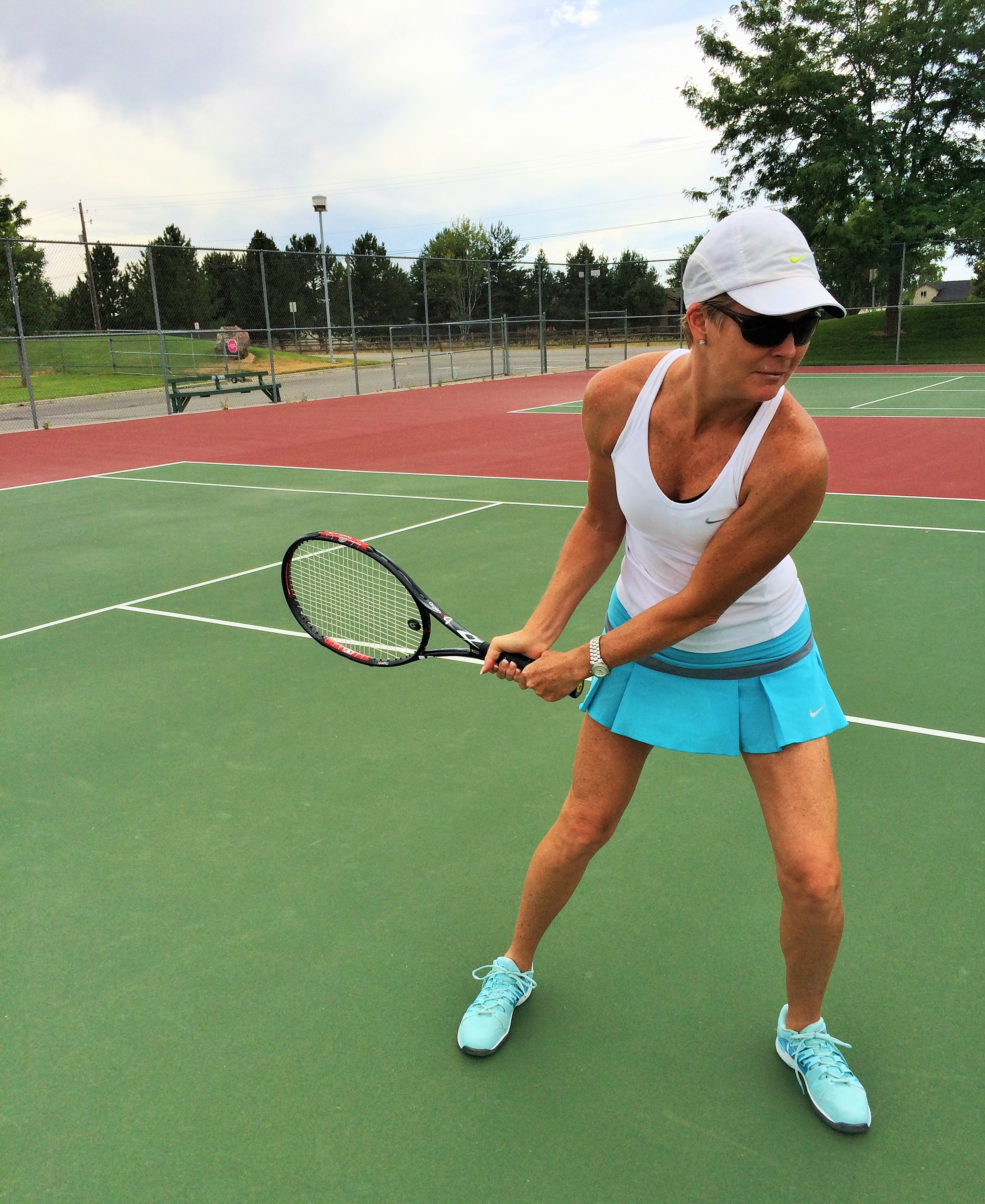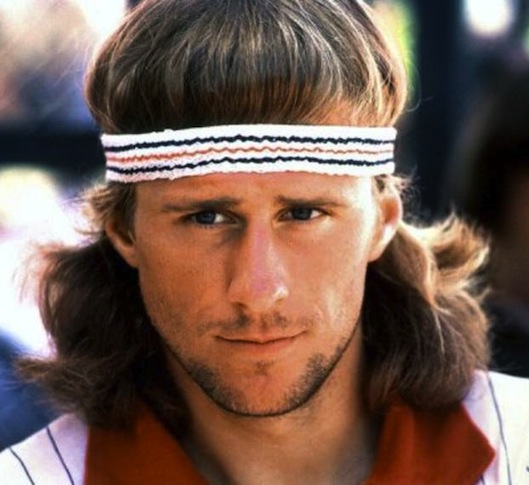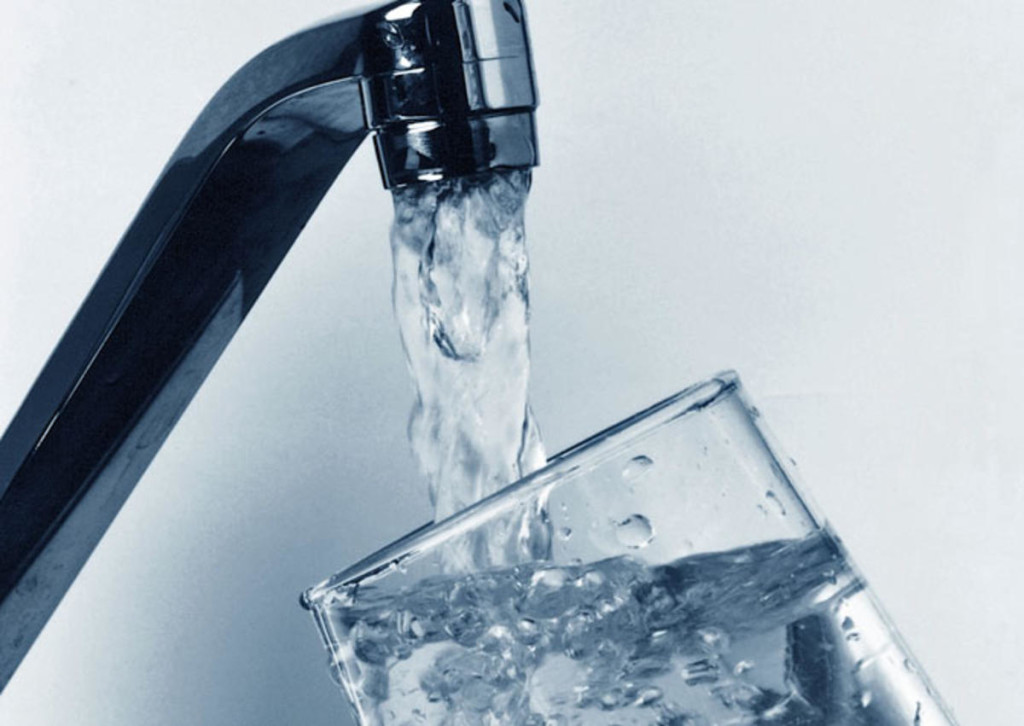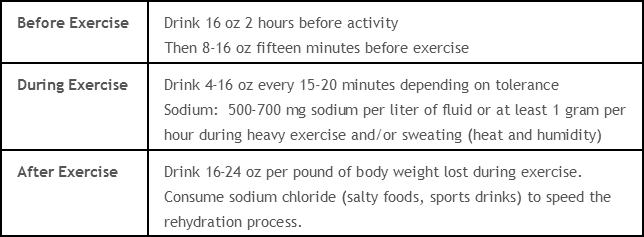Sports Nutrition Part One: Hydration
It’s not always convenient or easy, but I try to stay fit and active. It’s been my passion and goal throughout my life and the good news is I really like it. I love yoga, biking, skiing, hiking, gardening and running, but most of all, I love tennis. I’ve been playing since I was 13 years old when my twin brother first challenged me to a match. My first racket was a wooden framed Jack Kramer which I bought with my own money in about 1972. I was very proud of that racket. I was in love with Bjorn Borg, the Norwegian hunk with the long hair held in place with the signature headband, who captured my attention during my impressionable teenage years.
Whatever you choose to do to stay active, make it something you LOVE or else staying fit will be a chore. Make it something you look forward to doing and more importantly something that becomes part of who you are. I like referring to myself as an athlete, even at my age. And you too can call yourself an athlete at anytime by choosing an activity you love to do and then do it on a regular basis. OK, let’s talk sports nutrition, one of my favorite topics!
Keeping It Cool
Let’s talk hydration. July is the hottest month of the year in Idaho, but that doesn’t mean I sit inside all day. Keeping hydrated is a big part of staying active.
Did you know?
- Water suppresses appetite.
- Water is required to moisten food (saliva) and digest food (gastric secretions)
- Water transports nutrients to and from cells (blood), discards waste (urine), and dissipates heat (sweat)
Here are five good questions to ask when wondering how to handle the heat:
#1 How much water should I drink? Two-thirds of our body weight is made up of water. Wow! Most women need an average of 90 oz and men 125 oz of water a day, so getting your 8 (8-ounce) cups of water from beverages throughout the day along with water-rich foods like fruit, vegetables and milk makes good sense.
#2 Am I already dehydrated if I feel thirsty? If you feel thirsty then you’ve probably dropped at least 1.5-2 percent of your body weight from sweat. This has a significantly negative impact on athletic performance, but doesn’t necessarily mean you’re dehydrated. Interestingly, when running long distances, your body actually produces water from the break down of glycogen thus guarding against dehydration. It doesn’t mean you don’t need to drink, but you might not need as much as you think. Weigh yourself before and after a workout. Drink 16 oz of fluid for every pound lost. Watch the color of your urine. Pale lemonade is your goal!
#3 Should I take salt pills? Sweat contains about seven times more sodium than potassium, therefore sodium is the more important electrolyte to replace after a hard workout. Sprinkling a little more salt on your food, eating pickles, canned products, lunch meats, cheeses, milk, soups, snack foods all add additional sodium. You don’t need salt pills.
#4 Is bottled water better for me than tap water? Bottled water is not always better than tap water. According to the Center for Science in the Public Interest, nearly half of bottled waters come from municipal water supplies so turn on your faucet and let it pour! Plus you’ll be saving millions of bottles of plastic from hitting land fills.
#5 Shouldn’t I be drinking sports drinks during exercise? Gatorade and coconut water are great electrolyte replacements if you’ve been sweating hard for more than 60-90 minutes like during/after hot yoga, football practice, long bike rides and runs; but for most of us, WATER is the fluid of choice. Follow these guidelines:
Sports Nutrition Resources:
Nancy Clark MS, RD, an experienced sports nutritionist. She has written multiple books as well as a blog full of great information.
Livestrong.com, a partner of the Livestrong Foundation, provides Food and Activity Trackers that are user friendly. Additional health blogs, articles and daily workouts are available.
Gatorade Sports Science Institute offers more scientific research, articles and information.
Runners World online magazine, features credible articles, nutrition meal plans for runners and tips for marathon training.







Makita
I don’t know anything about tennis, therefore I shan’t comment on your form but you look freakin amazing!
Karen
Thanks Makita. You’re pretty darn cute yourself!